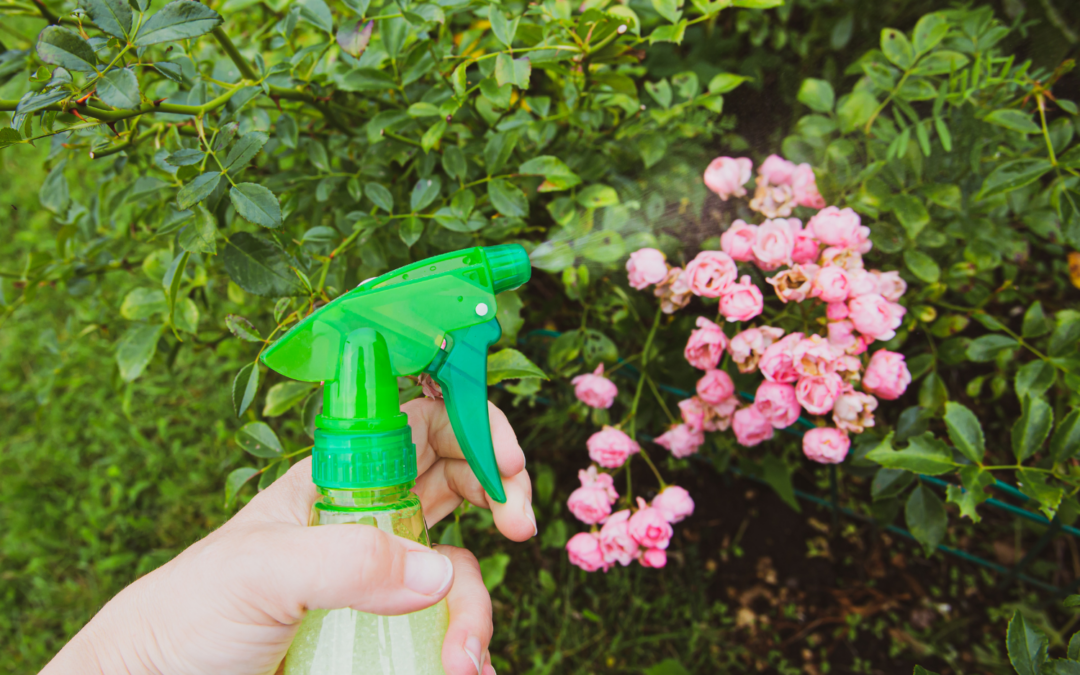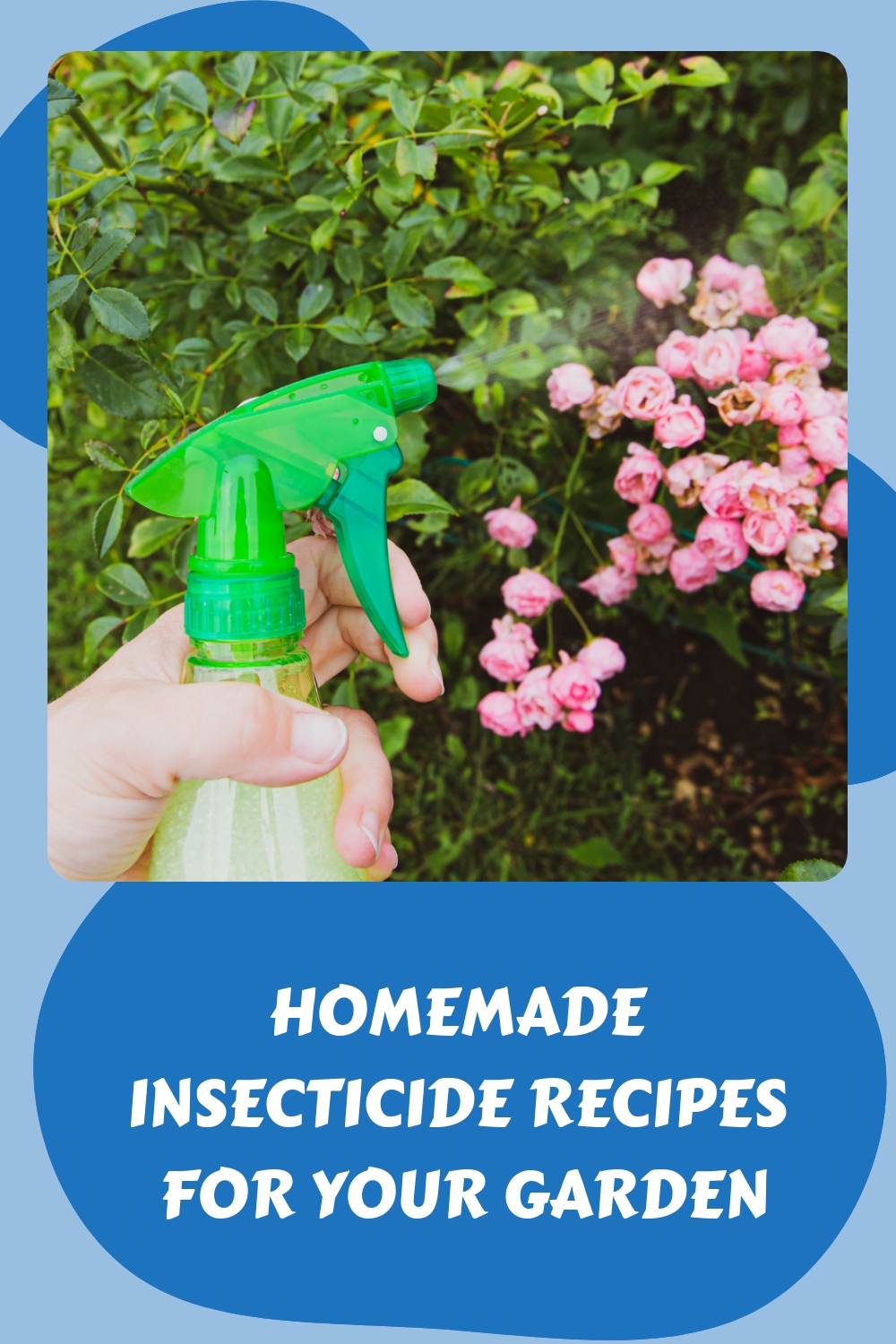A homemade insecticide can be very handy and effective. First, find what pests should be eliminated and be ready with a homemade insecticide. You make your success chances better when you choose the right insecticide. Below is a list of homemade insecticides together with insects they help eliminate.
Contents
Homemade Insecticide Recipes
If you are looking for a natural and effective way to get rid of insects in your vegetable garden, consider making your own homemade insecticide. There are a number of recipes that you can use, depending on what type of insects you are trying to get rid of.
Tobacco Tea
For leaf hoppers, Aphids, Leaf miners, Asparagus beetle larvae, and Caterpillars.
To prepare this homemade insecticide, mix one gallon of water with one cup of tobacco. The stubs of cigarettes can also be used to prepare this homemade insecticide. Pour the solution at the very base of the plant for the soil pests. You can also spray the solution on the leaves directly, especially on the underside. This insecticide is not long-lasting but is very effective. Once kept in an airtight container, it will last for several weeks.
Alcohol spray
For Mealy bugs, Whiteflies, Aphids, and Scale insects.
This homemade insecticide is best for houseplants. To prepare alcohol spray, for every quart of wate, use 1 to 2 cups of isopropyl alcohol which is 70% in concentration. Test some leaves before application and the results will be seen in 2 to 3 days at most.
Salt spray
For Cabbageworms, Mites, and Spider.
This homemade insecticide is very easy to use and also to prepare. Simply add to one gallon of water two tablespoons of salt. Use it to spray the plants and wait for the results.
Garlic spray
For slugs, Wireworm, Squash bugs, Cutworms, Whiteflies, June bugs, and Earwigs.
To prepare this homemade insecticide, soak in two teaspoons of mineral oil, and finely cut garlic cloves. Add a quarter ounce of liquid soap to a pint of water. Add the soap and water solution to the garlic after soaking for 24 hours. Strain the solution after stirring well Use a glass jar to store the homemade insecticide. For usage add one or two tablespoons of garlic spray to one pint of water. Before spraying the plant, test with some leaves. Spray the whole plant if there is no damage to the test leaves.
‘Hot’ dust
For ants, onion, and other root maggots.
To prepare this insecticide, grind thoroughly cayenne or chili peppers, hot peppers, and dill into a fine dust. Use pestle and mortar. Take care as hot peppers can harm your skin. Pour along rows of carrots, onions, and cabbage six inches away from the row. More powder works best.
Tomato leaf spray
For bugs attacking your tomato leaves.
Cut one or two cups leaves of tomato. Soak the cut tomato leaves in two cups of water all night. Add two extra cups of water after straining the leaves. Add one tablespoon of cornstarch to the solution. Spray the plants, especially under the leaves. The homemade insecticide is effective on roses.
The bugs will not stand a chance when you have your own supply of homemade insecticide you have prepared.
Aphids insecticide
If you are dealing with aphids, you can mix one cup of rubbing alcohol with two cups of water and spray it directly on the aphids. This will kill them on contact.
Catepillar insecticide
If you are dealing with caterpillars, you can mix one cup of Bacillus thuringiensis (BT) with one gallon of water and spray it on the caterpillars. BT is a bacteria that is harmless to humans and animals but is deadly to caterpillars.
General insecticide
To make a general insecticide, you can mix one cup of vinegar with two cups of water and spray it on the leaves of your plants. This will kill most insects that are eating the leaves.
Conclusion
Remember, when using any type of insecticide, it is important to follow the directions on the label. Also, be sure to test the spray on a small area of your plants before using it on the entire plant. This will help you to make sure that the insecticide is not going to harm your plants.



